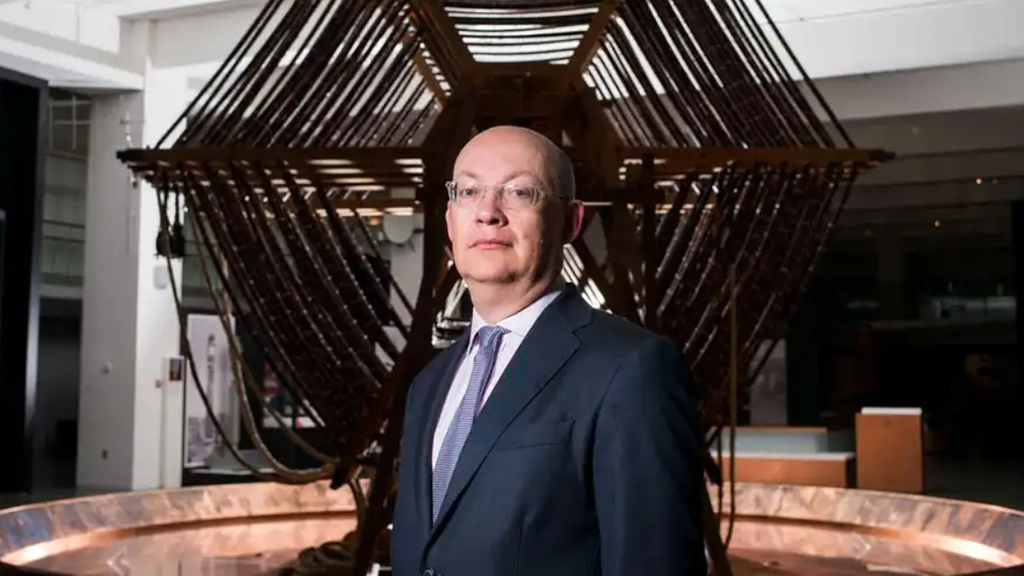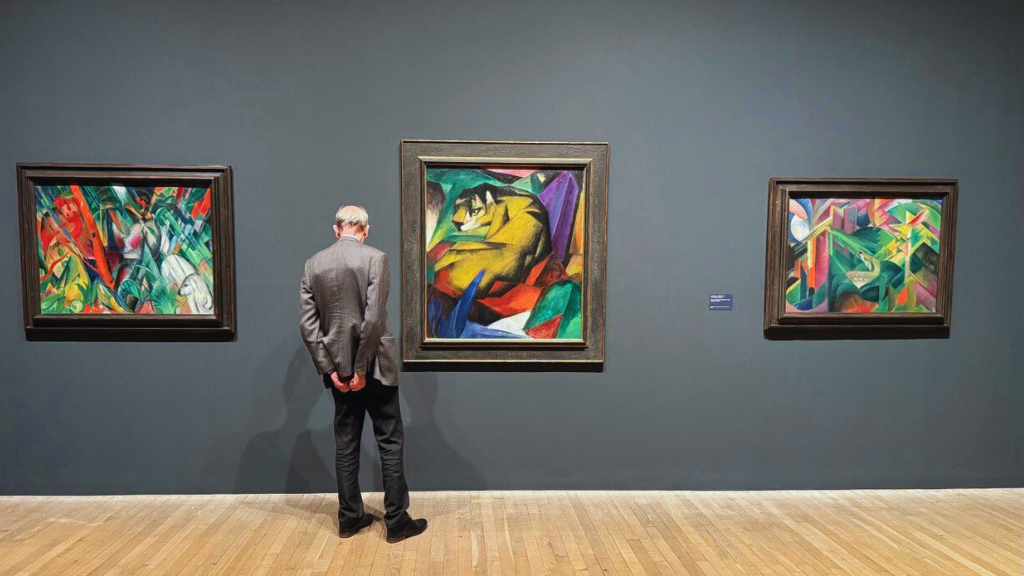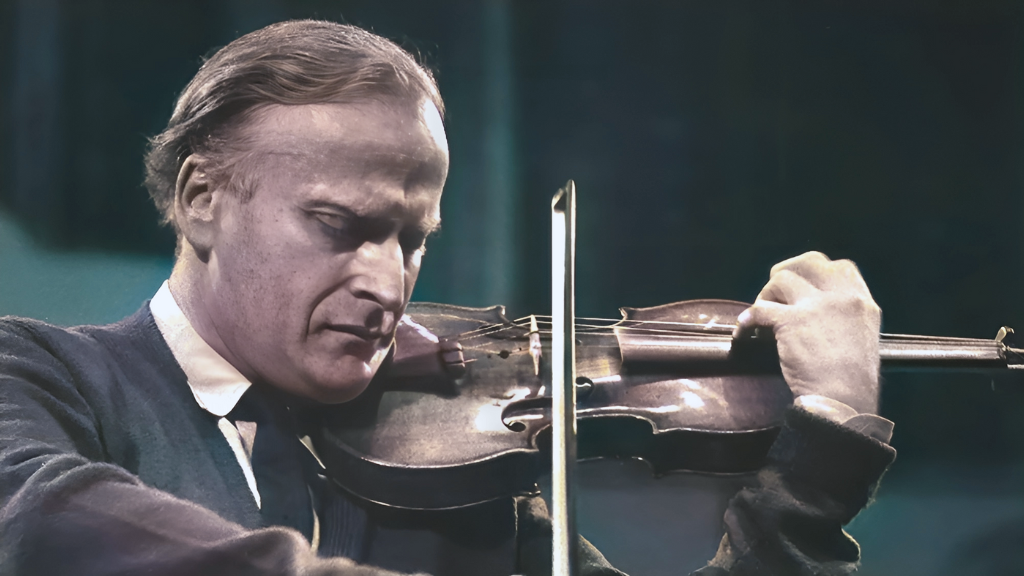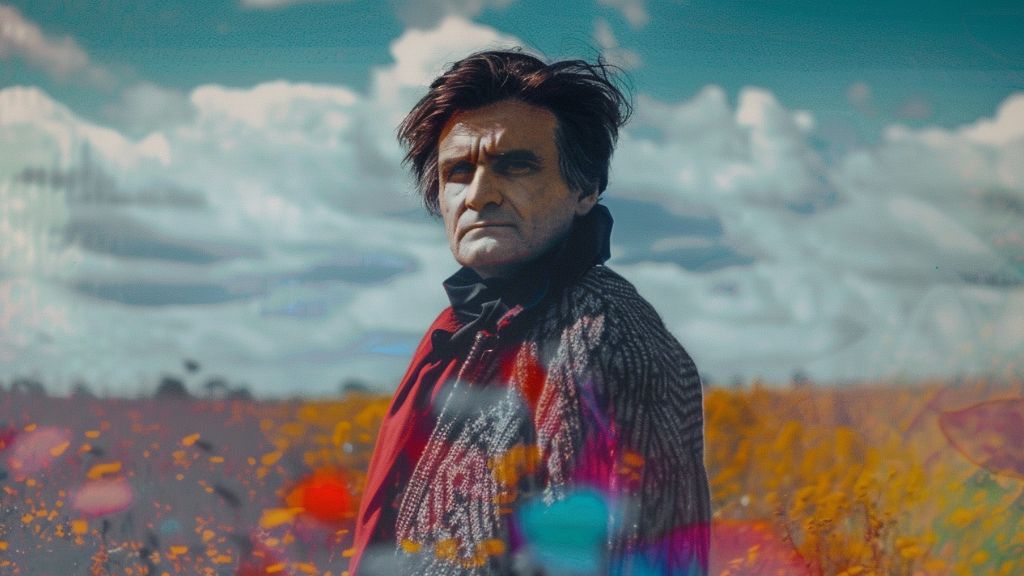
Science Museum Group director gives back the Russian Pushkin Medal
In 2015, Ian Blatchford, director of the Science Museum Group, received the Pushkin Medal from Russia’s president after Blatchford led an exhibition of Soviet spacecraft and artefacts. However, Blatchford has now decided to return the award in protest against the hostilities in Ukraine. Afisha.London magazine tells the details.
Ian Blatchford received the Pushkin Medal, one of Russia’s highest awards for cultural, artistic and educational merits, for organizing an exhibition of Soviet spacecraft and other artifacts of the time. However, after the start of military operation in Ukraine by Russia, the director of the Science Museum Group hands back this award. The Pushkin Medal marked the success of the exhibition Cosmonauts: Birth of the Space Age, held at the Science Museum in London in 2015.
“I cannot keep a medal that was handed out in the name of the Russian state by Vladimir Putin, who is responsible for this war. My enduring admiration for the Russian people themselves, and their cultural and scientific achievements, is undiminished.” Blatchford says in an online statement.
The exhibition Cosmonauts: Birth of the Space Age was billed as “the greatest exhibition of Soviet spacecraft and artefacts ever to be seen outside Russia” and featured the Vostok-6 spacecraft that launched the cosmonaut Valentina Tereshkova into space in 1963. “We had hoped to mark an important part of 20th-century history and also foster stronger progressive links between the UK and Russia”, adds Blatchford.
Follow us on Twitter for news about Russian life and culture
The Science Museum Group has also canceled an exhibition on the development of the Trans-Siberian Railway, which was due to open this summer at the National Railway Museum in York, along with a small exhibition at the Science Museum in London. A statement on the museum’s website states that “in light of distressing events in Ukraine, we have decided not to proceed with our upcoming exhibition at the National Railway Museum and Science Museum, Trans-Siberian: The World’s Longest Railway”.
The exhibition was to focus on “the engineering challenge behind the railway’s construction and its social and economic impact”. It is important to note that the main partner of the exhibition is Russian Railways, which, according to the Financial Times, is facing sanctions imposed by the European Union. However, the company is not on the UK sanctions list.
Cover photo: Matt Writtle
Read more:
Flappers — emancipated women of the 20s in the West and in Russia
SUBSCRIBE
Receive our digest once a week with quality Russian events and articles




